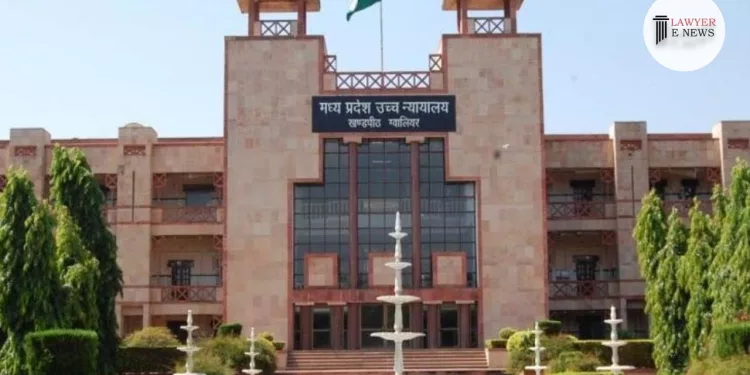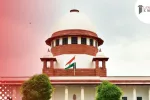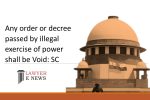Madhya Pradesh High Court Dismisses Application in Society Mismanagement Case: “Criminal Law Can Be Set Into Motion By Any Individual”

In a significant judgment, the Madhya Pradesh High Court has dismissed an application seeking the quashment of an order involving allegations of misappropriation and forgery in the management of the Chanakya Kautilya Educational Institute. The order, dated March 20, 2024, was passed by Justice Gurpal Singh Ahluwalia under Miscellaneous Criminal Case No. 6453 of 2017 and Miscellaneous Criminal Case No. 54865 of 2023.
The case centered on disputes within the Society’s management, with accusations of financial misconduct amounting to over Rs. 2 crores. The complaint alleged that certain members had misappropriated funds, engaged in forgery, and illegally manipulated the Society’s bank accounts and assets.
The Court observed, “It is well established principle of law that any person can set the criminal agency in motion.” This statement highlights the broader implication of the judgment, affirming the right of any individual to initiate criminal proceedings, irrespective of their official position within an organization.
Justice Ahluwalia further noted, “If the application under Section 156(3) of Cr.P.C. is rejected, then the only course available to the Magistrate is to proceed further with the complaint by recording statements of complainant and his witnesses under Sections 200, 2022 of Cr.P.C.” This clarification underscores the legal process where criminal complaints are to be considered even if a request for police investigation is denied.
Citing the Supreme Court’s position in similar cases, the judgment further reinforced that the presence of civil dispute elements does not preclude criminal proceedings. The Court stated, “…if allegation discloses the ingredients of civil dispute as well as ingredients of criminal dispute then it cannot be said that criminal action cannot be taken.”
The dismissal of the application under Section 482 of the Cr.P.C. paves the way for the continuation of the criminal proceedings against the accused members of the Society, marking a crucial step in addressing the allegations of financial irregularities and misconduct within the institution. This judgment sets a precedent for handling cases where organizational disputes intertwine with allegations of criminal activity.
Date of Decision: March 20, 2024
AWADESH NARAYAN TIWARI AND OTHERS Vs. SHISHIR KHARE






